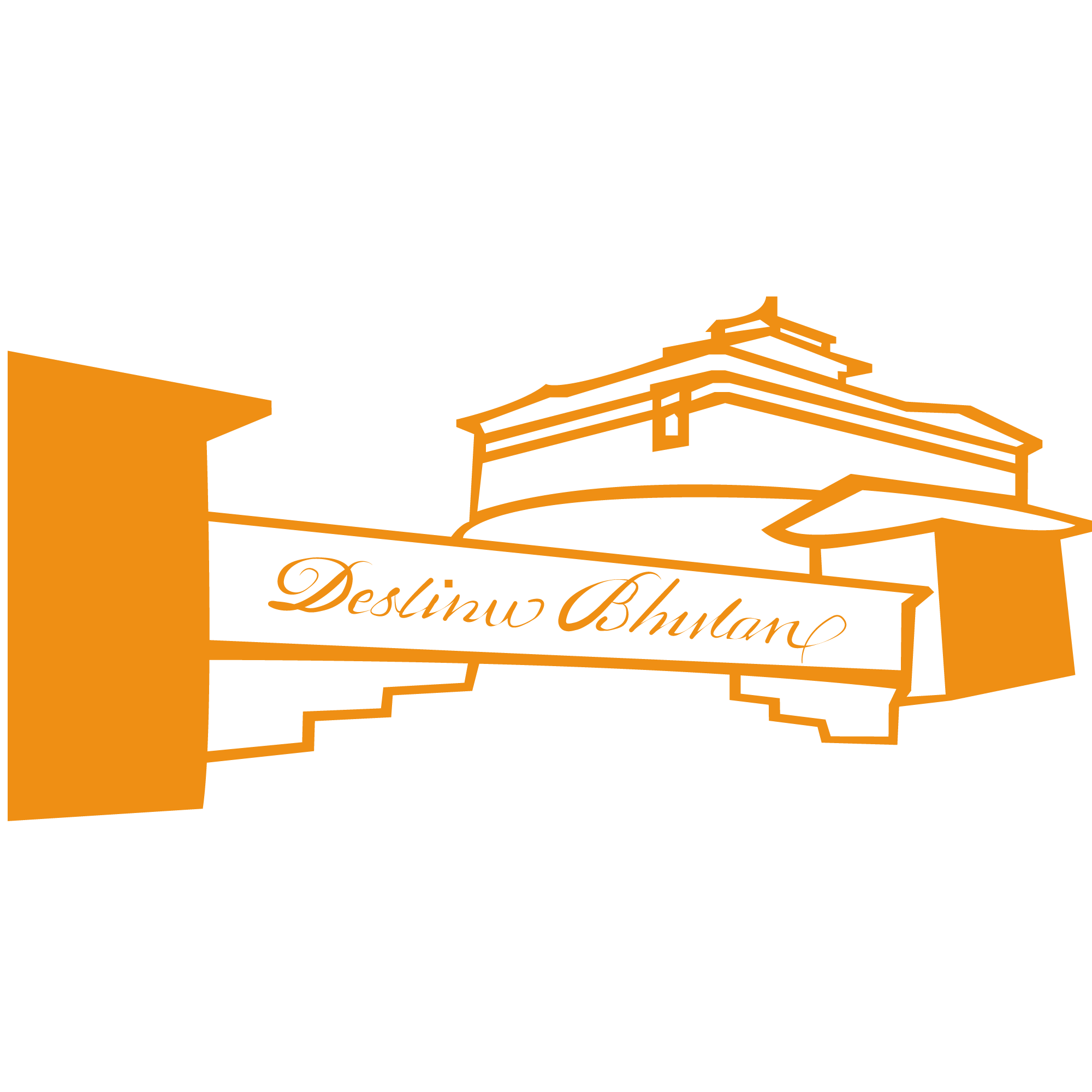“Should I go meet up with this guy from Grindr?” I looked up from the article I was reading on my phone to focus on my friend Austin. It was past midnight, and we had decided to spend the night in our hotel room, sipping on cheap vodka from the corner store and laughing at stupid memories. It was my first time visiting Los Angeles, and I had made a promise to myself before my plane even took off that I would try to take advantage of everything – and everyone – that LA could offer me.
Launched in 2009, Grindr describes itself as “the largest social networking app for gay, bi, trans, and queer people” that “represents a modern LGBTQ lifestyle
A woman on a mission, I kept suggesting mixed or women-focused bars around the city, but our group was mostly comprised of gay men and straight women, so I found myself exploring the gay male locales instead. I didn’t mind dancing my heart out to top 40 pop hits as speedo-clad men danced on the bar, but it made me feel like I was missing out on all the queer women that “The L Word” had led me to believe lived nearby. I had spent the majority of my trip mindlessly swiping, hoping that someone – anyone – would be willing to meet up for a quick bit of “getting to know you” (wink, wink) with the East Coaster on vacation. I received match after match, but it seemed like no one really wanted to have a conversation beyond introductions. Even when things would turn flirty with a girl or two, it was swiftly ended by bouts of ghosting or absurdly late replies.
Which is exactly why, when I looked up at my friend from across the room, I couldn’t help but feel upset. I had been swiping and messaging for a good 5 days to no avail, and here was Austin, about to go off to meet someone who had only made contact minutes before.
